A Mistake
Zheng Chouyu
translated by Qiaomei Tang
I traveled through the South Land
A longing face blooms and fades like the lotus flower with the seasons
The east wind is yet to arrive, the willow’s March catkins are waiting to fly
your heart is like the small, lonely, walled city
like an alley of blue-green cobbles facing the setting sun
the crickets are not crying, the windows are drawn in March
The hooves of my horse clatter — it’s a beautiful mistake
I’m not coming home, I’m only passing through
Image: Zhang Daqian, Sceneries of Jiangnan
[ + bar ]
Travelers to Buenos Aires
Lucas Mertehikian translated by Jennifer Croft
The history of the Americas has always been inseparable from the notion of travel, and Argentina is no exception to this... Read More »
DARK (an overture)
Edgardo Cozarinsky translated by Cayley Taylor
It starts, always, in the temples, an almost imperceptible throbbing at first, and in the precise moment he acknowledges it, that pulsing starts... Read More »
The Forgotten Sense (fragment)
Pablo Maurette translated by Andrea Rosenberg
In the winter of 1904–1905, in Beijing, a bodyguard named Fuzhuli was accused of killing his master, a Mongol prince, with... Read More »
Mar del Plata
Rosario Bléfari translated by Hilary Levinson
We’re standing in the plaza, watching the man who makes ashtrays in just a minute or two. The scent of freshly burned wood.... Read More »
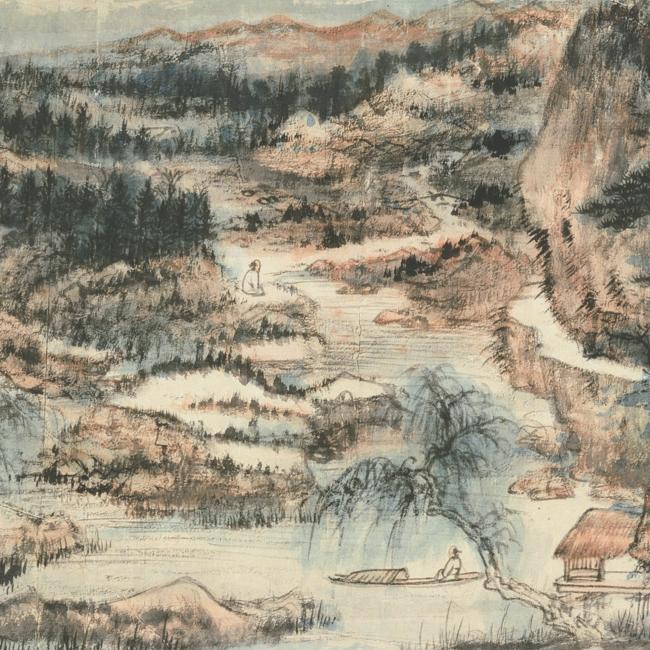
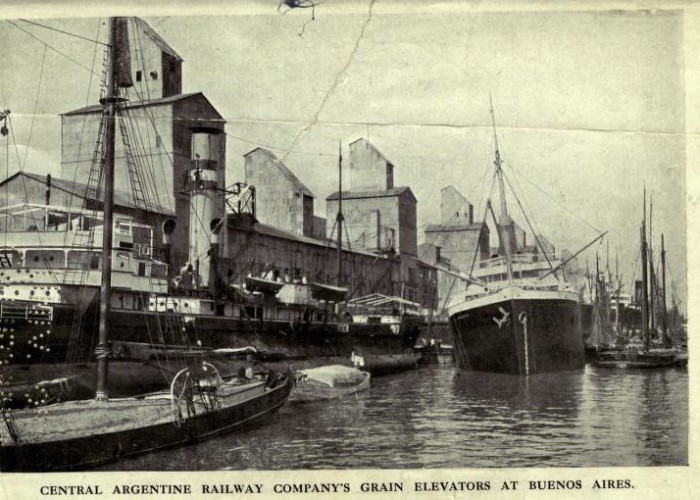
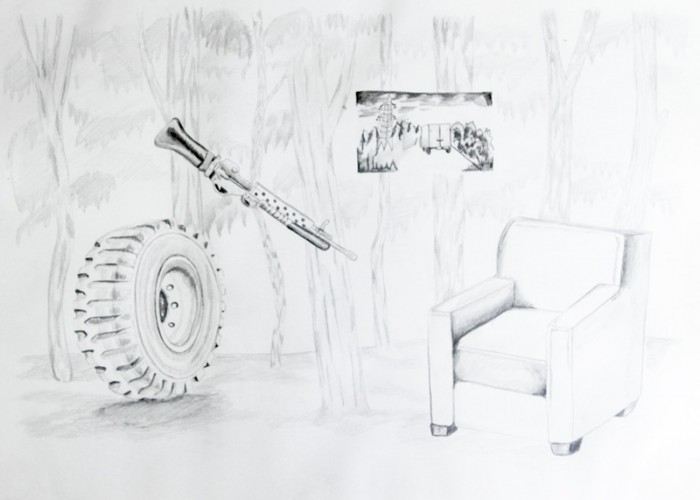
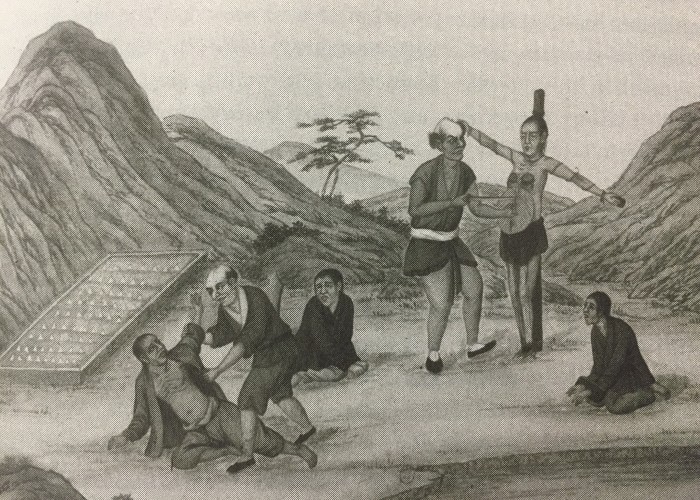
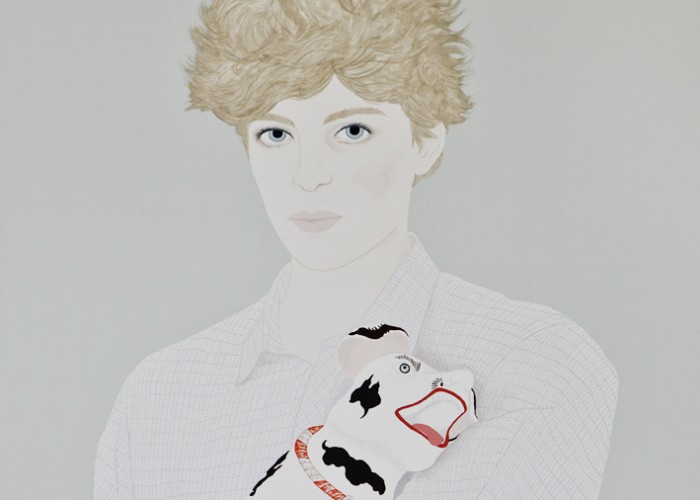



 sending...
sending...